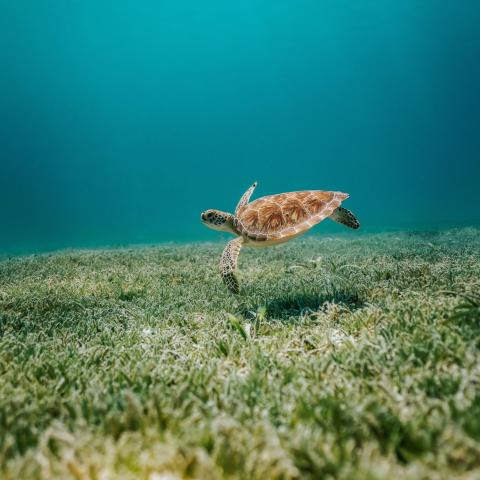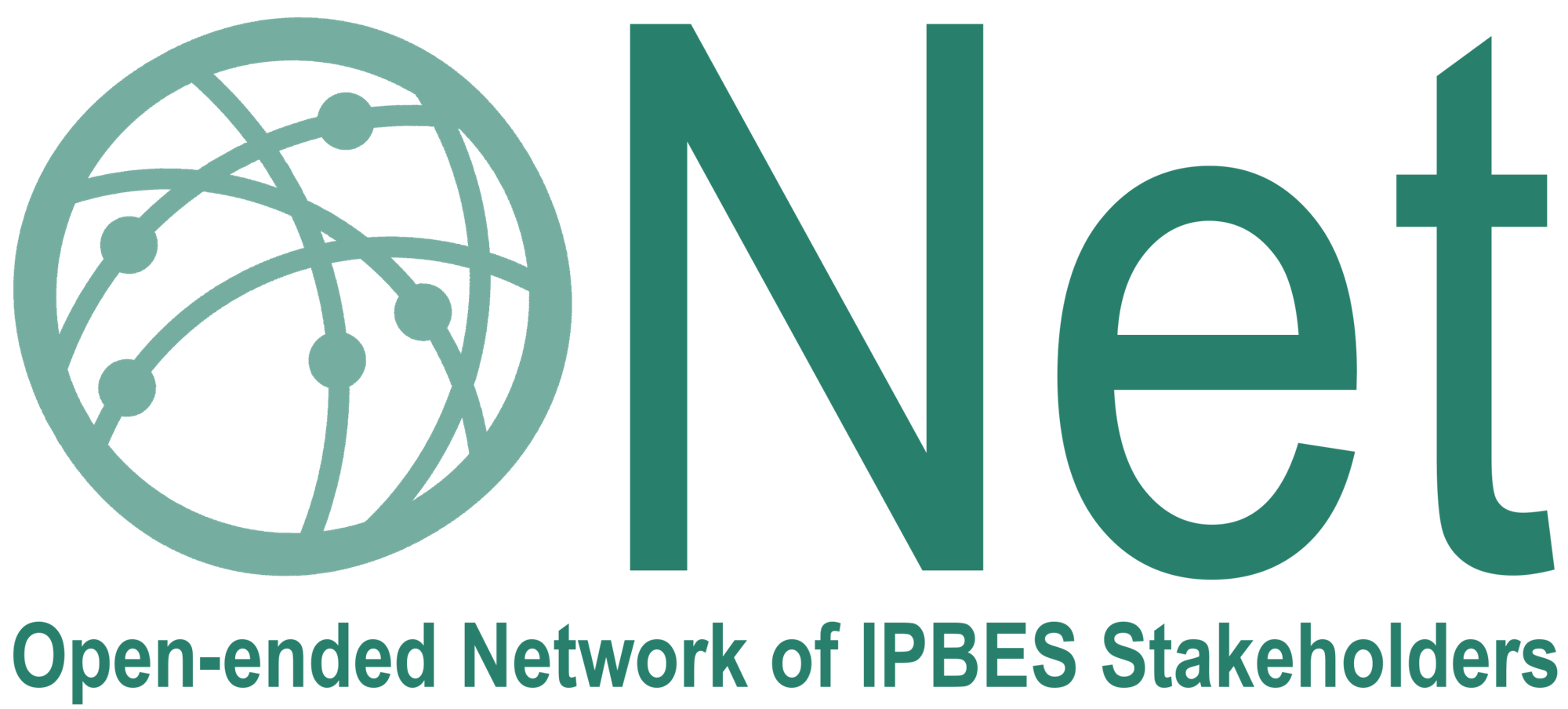Biology and Ecosystems Essential Ocean Variables | webinar series

Organised by the Global Ocean Observing System, the EU-funded BioEcoOcean project, the Marine Biodiversity Observation Network and the Atlantic International Research Centre
Biology and Ecosystems Essential Ocean Variables: webinar series
The Global Ocean Observing System (GOOS), the EU-funded BioEcoOcean project, the Marine Biodiversity Observation Network (MBON), and the Atlantic International Research Centre (AIR Centre) are joining forces to host a special webinar series dedicated to the BioEco Essential Ocean Variables (EOVs) — the core set of measurements needed to understand the state of the ocean and its biodiversity.
Running from November to December 2025, this series will convene experts from around the world to explore innovative methods for biodiversity monitoring, highlight the importance of coordinated and standardized data collection, and discuss how BioEco EOVs support ecological forecasting, science-based management, and policy decisions.
>> Learn more!
Webinar Schedule
- Benthic invertebrates abundance and distribution | Sea turtles abundance and distribution
Thursday, November 13th 2025 | 23:00 – 00:00 UTC+0 | Register here! - Seabirds abundance and distribution | Marine mammal abundance and distribution
Friday, November 21th 2025 | 13:00 – 14:00 UTC+0 | Register here! - Fish abundance and distribution | Ocean sound
Friday, December 12th 2025 | 20:00 – 21:00 UTC+0 | upcoming - Mangrove cover and composition
Friday, December 12th 2025 | 13:00 – 14:00 UTC+0 | upcoming
This series aligns with the IPBES Global Assessment, emphasizing the need for integrated and standardized biodiversity monitoring. By advancing BioEco EOVs, it strengthens the science-policy interface and supports global efforts to safeguard ocean health and biodiversity.
Stay tuned for registration links and recordings — and join this global effort to enhance ocean biodiversity observation and conservation!
Photo by David Courbit on Unsplash: A green sea turtle (Chelonia mydas) glides over a seagrass meadow in Aruba. These gentle grazers play a vital role in maintaining healthy seagrass ecosystems, supporting ocean biodiversity and carbon cycling
